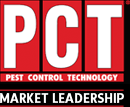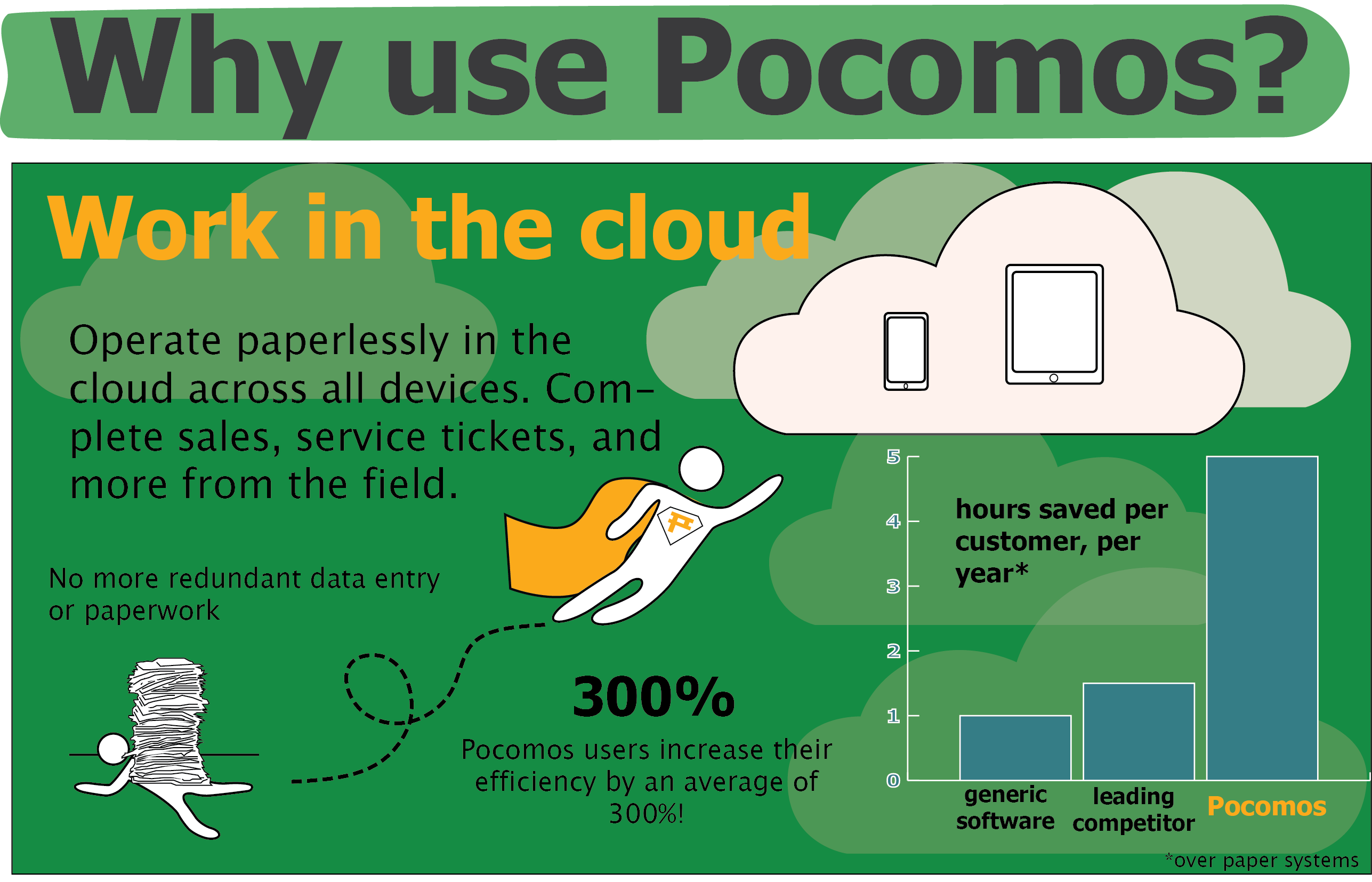Going paperless in your pest control office has been given alot of attention lately. There are many benefits to a paperless system, though quite frankly, paperless software systems are not for everyone or every situation. I have seen many offices switch, or attempt to switch, to paperless systems. Here are a few of the pros and cons to consider.
PROS
Time.
Paperless systems save time. Oodles of time, loads of time, bucketfulls of time. In pest control, paperless software saves maybe a few minutes per customer per day. Time savings come from reducing the redundancy of work, meaning only doing something once, like collecting customer info, billing, sending invoices, entering customer work order info, etc. At first, a few minutes a day may seem trivial. But look at the actual data. In an office with 5,000 active quarterly customers, upwards of 5000 minutes can be saved per month across the company (at a rate of 3 minutes saved per service). Over the course of a year, thats 60,000 minutes. Thats 1,000 hours. If you pay your employees an average of $15.00 an hour, you just saved your company $15,000 a year. So, if you are thinking about whether a switch to a paperless system is worth the up front costs, let me answer that: YES, it is.
Headache
Systems that still require alot of paper to function (calendars, invoices, work orders, reports, etc) always bring two things with them: frustration and headache. From poor tech and secretary handwriting to lost paperwork, to incomplete work orders and partially filled out info, the list rolls on. These things cost time, which we already discussed, but they also cost the owner something harder to quantify: sanity. How many times in the past year have you ran around with your head cut off scrambling to put out fires around the office? Now, how many of those things involved paper (or the lack/missing thereof)? The answer is, probably most of them. These issues can be eliminated or reduced with electronic copies of everything. With a paperless software system, copies of work orders are always saved. This can work wonders on accounts that deny or scrutinize your service (not to mention governments). Techs and secretaries can only type in predetermined notes on invoices and work orders set by the owner. This may seem restrictive, but think about it, 98% of the time, notes on invoices come from the same bank of notes. No more trying to figure out what the tech really serviced, meant, or did. This helps with new employee training, too.
Manageable Growth
Systems using alot of paper restrict growth in many ways. Some important ones are new employee training and scalability. A good paperless software company will already have tutorials and support lines open to aide you and your employees in training and learning a new system so your cost is mitigated. As mentioned above, since (good) paperless systems restrict what employees can actually do and record to what you deem correct, training almost becomes a non-issue. They just push the button. And oh yeah, good systems will not let employees save their work without correctly filled out work orders, notes, etc. thus rendering incorrect information a thing of the past. For those of us who have opened multiple branches or operated multiple fleets we know that in doing this you can count on everything going wrong and then some. The goal is to do this with as little issue as possible. When expanding, the hardest thing is finding good people. Now when you are growing, you probably have already found some good people and promoted them to management. A key in manageable growth is you want your good people handling new people, locations, and fleets and not doing redundant daily work. A good paperless system will automate redundant daily tasks like customer notices, sending billing reminders, charging cards, and keeping records, thus allowing your good people to hire, train, and manage new people to run new branches or expand existing ones.
CONS
Government
Regardless of your political persuasion, if you have run a pest control company, chances are you have had unfriendly, or at least stressful, run-ins with your local city or state government. This usually comes at startup time, but has a nasty way of popping up at exactly the wrong time. Most PCOs want to keep their head down and deal with the government as little as possible, which both parties generally appreciate as long as all rules are being followed. The issue in a paperless system comes when many states are behind the times, meaning they still require paper WDO/WDI reports, paper submissions for chemical usage reports, or similar requirements. Many states are quickly coming around and accepting electronic submissions for these reports and a few progressive states are pushing forward for the complete digitization of invoicing and work orders. Most states, even if they allow a large portion of your records to be digital will still want a paper copy left at the customers location. Good paperless systems will have an easy work-around for this, but it remains as an annoyance. More good news is that capitol hill recently entertained talks to allow for total digitization across the country: we are headed that way! Alright!
Cost
Like I said above, if you are worried about your return on investment, dont be. Paperless systems that work on all platforms (ipad, android, windows, linux) will recoup your one-time switching costs very quickly. However, there can still remain a one-time investment into new equipment (mobile devies, smart phones, printers) that presents a barrier to companies struggling with cash flow. Good paperless software will work with you if you want to slowly transition to a paperless system over time so you wont break the bank. Be aware of all the costs involved.
Conclusion
There remains many other pros and cons to a paperless system, but most of us can agree the world is going that way, and pest control is far from the exception. In fact, PCOs can benefit far more than other areas of society that have already switched to paperless systems. However, its not for everyone, so weigh the cost and benefit with different companies.





Comments